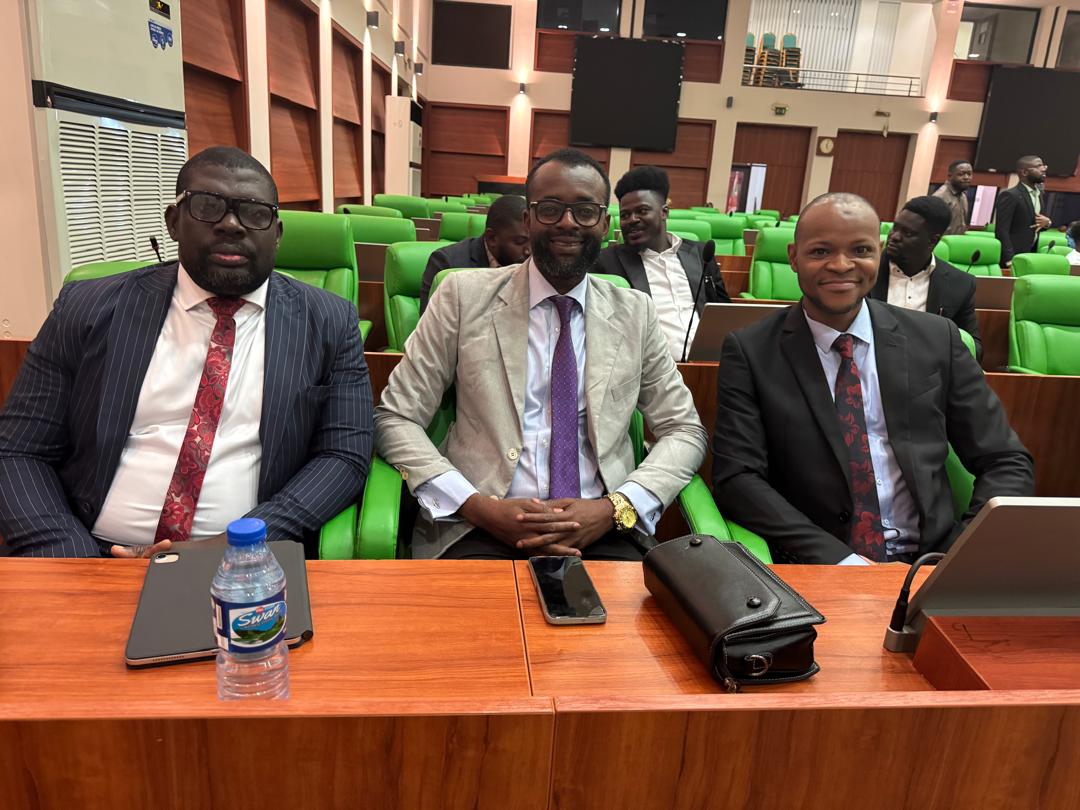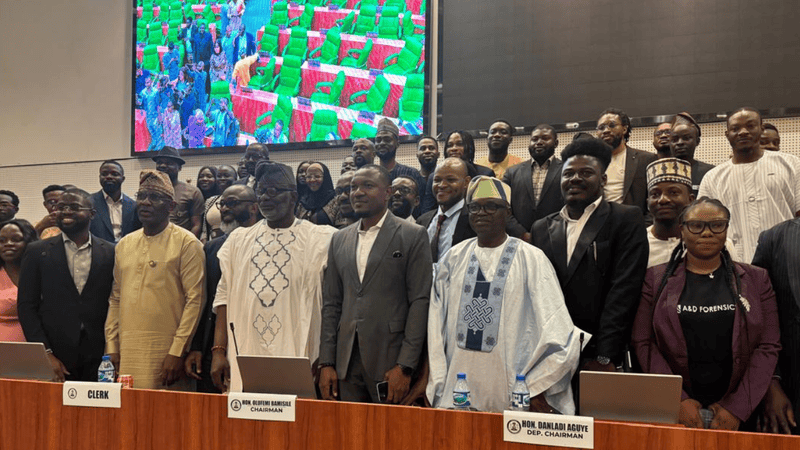Proposed virtual asset law: Nigerian lawmakers engage crypto industry players
2025-11-05 18:22:39

Nigeria’s cryptocurrency story has always been defined by fear of scams, capital flight, and losing control. In 2021, that fear hardened into a ban that drove an entire industry underground. Four years later, the country is trying to design its way out of that paranoia.
Last week, the House of Representatives’ ad hoc Committee on the Economic, Regulatory, and Security Implications of Cryptocurrency Adoption recently hosted some leaders in the crypto industry One of the representatives of the industry, Senator Ihenyen, the executive chair of the Virtual Assets Service Providers Association of Nigeria (VASPA), in his submission, reminded the lawmakers that “the era of fear must end.”
“Nigeria needs a path to clarity,” he proposed, “a unified and comprehensive Virtual Assets Act for responsible innovation and adoption.”

The House committee, a 27-member body drawn from capital markets, financial services, and cybersecurity committees, has begun the slow process of listening. “I observed genuine curiosity in the room,” Ihenyen said. “Lawmakers wanted to understand what operators feel. It wasn’t box-ticking; it was real engagement.”
Also read: Tinubu’s crypto literacy push: Nigeria needs policy clarity before judicial training – Expert
Current reality: Paper recognition, real friction
The gap between paperwork and practice remains wide. The Investment and Securities Act (2025) finally recognised digital assets as securities, granting the industry a measure of legitimacy. Yet the CBN continues to treat crypto like a contagion.
“The CBN has not made a full mindset shift from 2021,” Ihenyen argued. “Its overly cautious approach may look responsible, but it doesn’t inspire confidence.”
Even after the CBN issued new guidelines in 2023, effectively lifting the ban, the central bank avoided direct contact with virtual asset service providers. Instead, it only communicated with licensed financial institutions.
Ihenyen expressed his disappointment. “Trying to shave the hair of virtual asset service providers in their absence will never build the level of confidence we need.”
The result is a kind of bureaucratic limbo, one in which crypto is simultaneously legal and distrusted, recognised yet restricted. For startups already operating on thin margins, that uncertainty is suffocating.
Worse still, at the core of Nigeria’s regulatory chaos lies institutional mistrust. The CBN, SEC, and National Security Adviser (NSA) often pull in different directions, each asserting authority over the same space.

The SEC classifies every digital token as a security. The CBN treats most as speculative threats. The NSA still enforces a two-year-old blockade on major crypto websites, ordered in early 2024 to “protect the naira” from perceived manipulation.
Ihenyen calls the policy “unsustainable”. “If there are no particular charges or investigations but general suspicions, there’s no reason those sites should remain blacklisted,” he said. “That contradicts the Money Laundering Act, the Terrorism Act, and even FATF standards. The global standard is licensing and supervision, not banning or blacklisting.”
Legislating the virtual asset law that Nigeria’s crypto industry needs
The proposed Virtual Asset Law of Nigeria aims to replace uncertainty with order. Some of the recommendations by VASPA include
1. Unified regulation: End overlapping mandates by clearly dividing responsibilities among the CBN, SEC, and other agencies. No more turf wars.
2. Risk-based classification: Differentiate between utility tokens, payment tokens, and security tokens. A one-size-fits-all approach, Ihenyen warns, “will kill innovation.”
3. Tiered licensing: Reduce entry barriers for startups while scaling oversight with risk. “The higher your risk, the higher your requirements,” he said.
4. Legal clarity for P2P transactions: Recognise peer-to-peer (P2P) trading as a legitimate, regulated activity rather than a loophole.

When enacted, the law would transform crypto from a tolerated nuisance into an integrated part of Nigeria’s capital markets, creating clear channels for compliance while protecting consumers and encouraging investment.
Ihenyen insists he is not campaigning for deregulation. His plea is for intelligent regulation, grounded in dialogue, not fear.
Without cooperation, he warns, Nigeria will keep repeating the same mistakes: fear of misuse leading to bans, bans driving activity underground, and underground activity fuelling further fear.
Suffice to say, for the first time in years, Nigeria’s crypto debate has a sense of direction. Both chambers of the National Assembly appear aligned on the need for a comprehensive framework.
That progress might be slow, but the House committee is expected to continue stakeholder consultations and draft legislative text informed by submissions from VASPA and operators. That draft will then pass committee review, secure cross-chamber support and survive inter-agency harmonisation, unified framework and then the final passage to law.
 Share
Share
 Like
Like
 Dislike
Dislike

